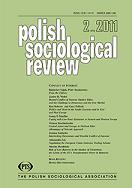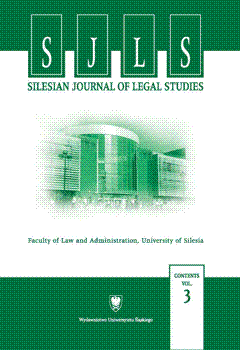Group Ikona – International Symposium of Religious Painting, Second Edition, Faculty of Orthodox Theology, Iaşi
Group Ikona – International Symposium of Religious Painting, Second Edition, Faculty of Orthodox Theology, Iaşi
Keywords: Iaşi; Theology; Orthodox; symposium; sacred art; painting
The international Group Ikona is made up of teachers from Orthodox Christian countries teaching in Ecclesiastical Art sections at Orthodox Theology faculties in Greece, Bulgaria, Serbia, Macedonia and Romania. The objective of Group Ikona is the research, awareness and continuation of Byzantine plastic system and is achieved through symposia organized in Greece, Romania, Russia and Finland. The second edition of the Religious Painting Symposium was held in Iasi, between the 16th and 20th of November 2009, at the invitation of the Faculty of Orthodox Theology in Iaşi, under the patronage of the Metropolitan Church of Moldavia and Bucovina and His Eminence Teofan, Archbishop of Iaşi and Metropolitan Bishop of Moldavia and Bucovina.
More...

